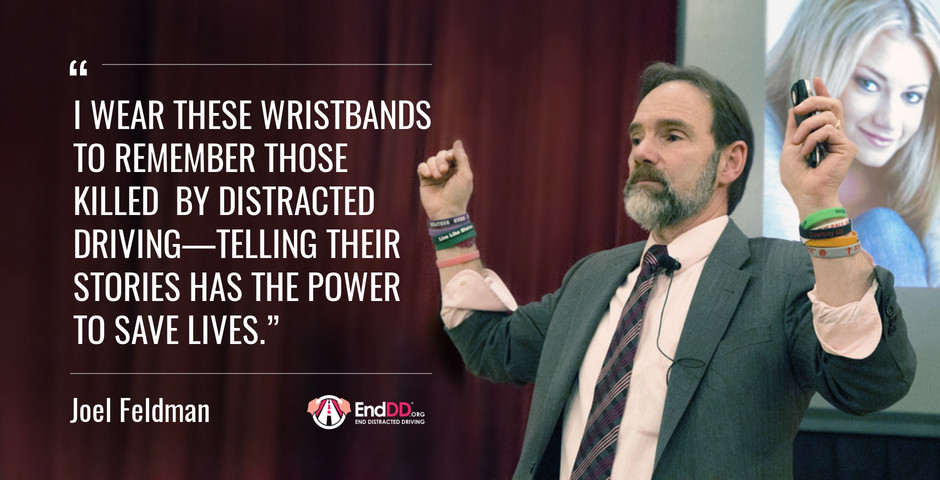 We see it practically every time we drive: drivers who are focused on their smartphones rather than on the road. Recent studies suggest that despite educational campaigns and a growing awareness of the dangers of distracted driving, the problem is not getting better.
We see it practically every time we drive: drivers who are focused on their smartphones rather than on the road. Recent studies suggest that despite educational campaigns and a growing awareness of the dangers of distracted driving, the problem is not getting better.
According to a AAA Foundation for Traffic Safety survey, from 2016 to 2017:
- 45% of drivers read texts or emails (an increase from 40%), and
- 35% of drivers sent texts or e-mails (an increase from 31%).
Many of these texting drivers complain the loudest when they see others driving distracted. Eighty-eight percent of the drivers surveyed stated that distracted driving was their biggest highway concern, bigger than drugged or drunk driving. While we are afraid of being in a crash caused by another distracted driver, that fear is not enough to dissuade many of us from driving distracted ourselves.
If talking about the danger has not reduced distracted driving, isn’t it time to develop different strategies? The approaches outlined below, which do not focus on the dangers of distracted driving, are showing promise in End Distracted Driving (EndDD.org) programs for adults and teens.
Using Parents’ Love for Their Children to Reduce Distracted Driving
What more compelling reason could exist for a parent to give up distracted driving than to keep their kids safe? While the percentage of crashes attributable to distracted driving is estimated to be about 20% to 25% for all drivers, when we look at just teen drivers, that percentage skyrockets to 58%. Parents are deathly afraid of their children being killed in car crashes. Yet, more than 70% of the thousands of students I have spoken with over the last eight years say that their moms and dads frequently drive distracted. Many of those same moms and dads are telling their children not to drive distracted. How effective do we think critical safety messages for our children will be if they are tainted with hypocrisy?
Our children learn from us, and that includes our unsafe driving behaviors. This 30-second video shows what many of us have been teaching our children. According to University of Michigan and Toyota, teens whose parents drive distracted are more than twice as likely to also drive distracted. It’s not enough to tell our children not to drive distracted. We must model safe driving by being the drivers we want our teens to be.
Teaching Our Children to Respect Others, Including Behind the Wheel
Respecting others includes treating others the way we would like to be treated, i.e. the “Golden Rule.” From the survey results referred to above it is clear how we want to be treated by other drivers: we don’t want them to drive distracted. I doubt many parents teach their children that practicing respect is something we only do when it’s convenient. Is there anything the least bit respectful about looking away from the road to text while sharing the road with others? We can be the respectful people we believe we are and reduce distracted driving by teaching our children that respect for others does not end when we get behind the wheel.
Protecting Ourselves and Our Passengers Requires That We Drive Defensively
Our foremost responsibility while driving is to keep ourselves and our passengers safe. With all the distracted drivers on the road, it is more important than ever for us to be vigilant. Defensive driving is all about paying attention, anticipating that other drivers will make mistakes, and being able to avoid being in a crash caused by another driver. If we won’t put our phones down because we don’t believe we will cause a crash, shouldn’t we put them down to avoid crashes caused by other distracted drivers? Distracted drivers can’t be defensive drivers.
Finding new approaches that will resonate with drivers and cause them to drive distraction-free is sorely needed. I drove distracted frequently and changed my driving behaviors only after my 21-year-old daughter Casey was killed by a distracted driver. It shouldn’t have to take losing a loved one for all of us to change the way we drive.





